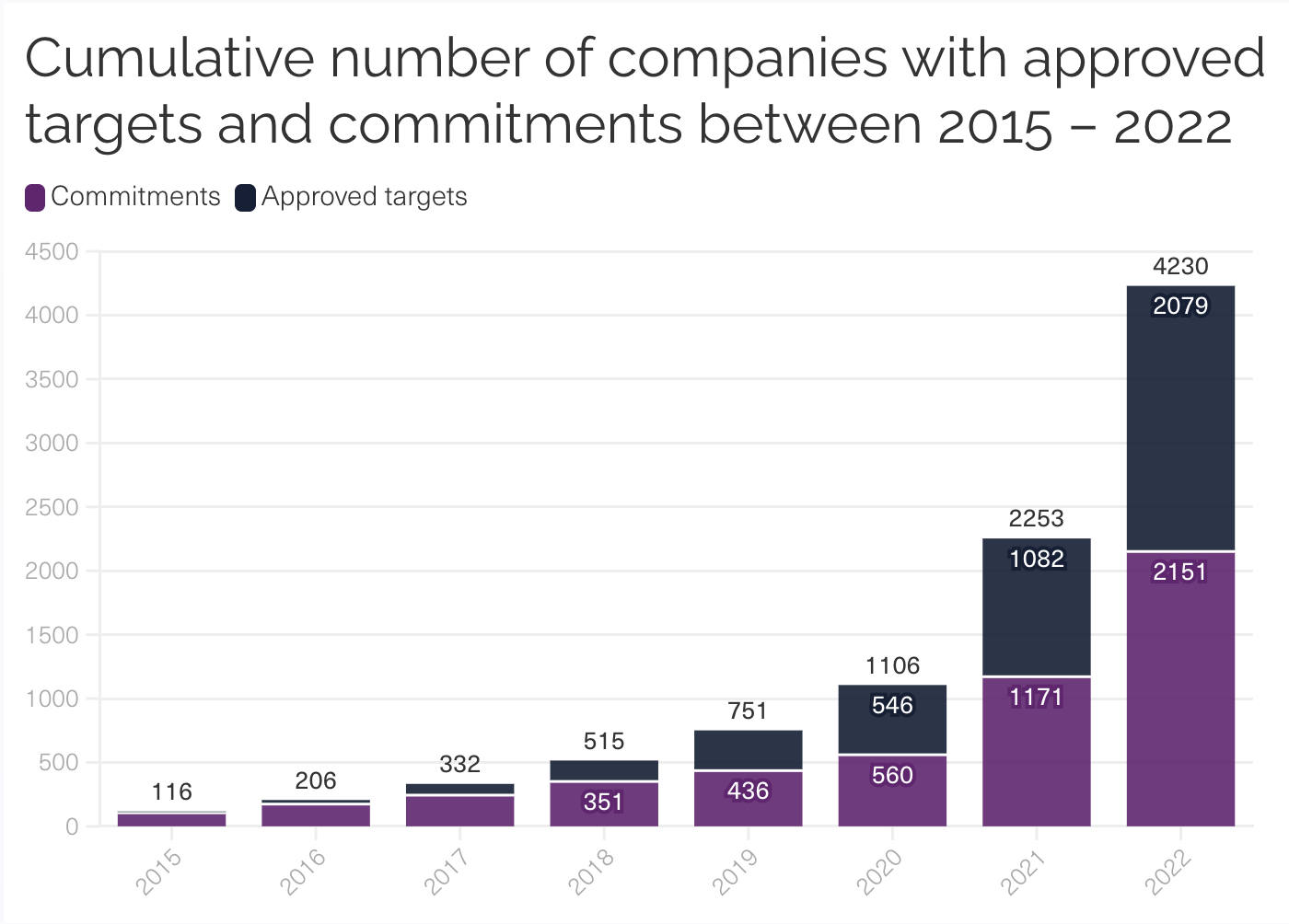The Climate Accountability Wake-Up Call: Major Companies Delisted by SBTi
In a bold move, SBTi delists major companies for not meeting climate goals. As the world demands action, mere intentions fall short. Who's truly committed to the climate cause?

In the battle against climate change, intentions aren't enough. Action is what counts, and some of the world's biggest companies are learning this the hard way.
In a world increasingly focused on sustainability and corporate responsibility, the recent delisting of several major companies by the Science Based Targets initiative (SBTi) has sent ripples through the business community. This action underscores the importance of not just setting, but also following through on ambitious climate goals.
The Rise of Net-Zero Targets and Their Importance
In recent years, the urgency to combat climate change has led to a surge in companies setting net-zero targets. However, not all these targets are grounded in science, which can undermine global efforts to mitigate the impacts of climate change. The Science Based Targets initiative (SBTi) emphasizes the importance of halving global emissions by 2030 and achieving net-zero emissions by 2050 to stave off the worst effects of climate change.
The SBTi plays a pivotal role in guiding companies towards setting ambitious and meaningful net-zero targets that are backed by the latest climate science. They offer a plethora of resources, including tools, guidance, and case studies, to ensure corporate strategies align with these crucial goals. The initiative also stresses the importance of a clear and consistent definition of "net-zero" in the corporate sector, preventing companies from engaging in "greenwashing" and ensuring genuine contributions to global climate change efforts.

“We urgently need every business, investor, city, state and region to walk the talk on their net zero promises. We cannot afford slow movers, fake movers or any form of greenwashing.”
António Guterres, UN Secretary General
Photo credit UN Photo/Mark Garten

Graph: Cumulative number of companies with approved targets and commitments between 2015 – 2022. Source SBTI MONITORING REPORT 2022
SBTi's Bold Move for Transparency and Credibility
The SBTi's decision to flag over 20 US companies, along with several others globally, for not presenting their emissions targets promptly is a significant step towards ensuring corporate accountability. This move is in response to criticisms that the initiative lacked transparency and credibility in the past. Companies that inform SBTi of their intention to set science-based emission reduction targets are expected to create and submit a plan within 24 months, detailing how they will achieve their climate goals.
Amazon's Response
"We will continue to work with SBTi to establish a path forward for submission, and we believe there's a role to play for organizations like theirs," Amazon wrote. "We're also not pulling back or slowing down — in tandem to this ongoing work with SBTi, we'll also seek to set science-based targets with other organizations and credible third-party validators."
Notable Delistings and Their Implications
Among the companies flagged, Amazon.com Inc. stands out due to its prominence in the US market. The tech giant was removed from SBTi's list after failing to uphold its commitment to set a credible target for carbon emission reduction. Worthington Industries Inc.'s Sustainable Energy Solutions, an Ohio-based hydrogen company, was notably the only US energy company to miss the recent deadline for submitting its net-zero plans. Being delisted by SBTi can have significant repercussions for companies, impacting investor trust and influencing decisions by environmentally-conscious consumers.
Conclusion: As the climate crisis intensifies, corporate accountability will only become more crucial. SBTi's recent actions, including the promotion of the Net Zero Standard, serve as a reminder that setting climate goals is just the beginning. Genuine commitment, backed by science and transparent actions, is what will truly make a difference in our collective fight against climate change.
References:




Comments ()